Minimalist Interior Design: Embracing Simplicity in 2025
The world is constantly changing, bombarding us with information and stimuli. Simplicity is scarce nowadays, our lives are not cookie-cutter and the complexities of the world are overwhelming at times. With the rising awareness of this truth, people are desiring to transform their homes into sanctuaries.

The significance of simplicity in interior design has only grown stronger, as people seek an escape from the chaos and noise of daily life. By creating a decluttered and calming space, we can focus, relax and recharge within our very own homes.
The minimalist interior design trend shows no signs of slowing down in 2024. Sustainability, mindfulness, and self-care are becoming increasingly popular. Minimalist design is one of the most desired styles of the year.
This blog will discuss the advantages and essentials of minimalism. We will also provide advice from experts on how to adopt minimalism in style. Our goal is simple: to help you transform your home into a functional and relaxing safe haven.
Key Elements of Minimalist Interior Design
Neutral Color Palette

Neutral colors, such as white, beige, and gray, are a hallmark of the minimalist design aesthetic. These colors create a calm and relaxing atmosphere and serve as a neutral background for statement pieces. Neutral colors also make it easier to switch up decor without having to repaint the walls.
Less is More
You should keep your space clutter-free, and remove unnecessary items with only the essentials on display to create a calming interior design.

“It’s important to note that minimalism in design does not necessarily mean ‘less stuff.’ Minimalism is more about the composition of that style and how things blend together in a more composed manner,” emphasizes Lexi Goddard, Senior Interior Designer for D+K, a full-service architect and design firm in Chicago. Lexi continues, “There are more places for the eye to rest, it’s a much more calming approach to design.”
Artem Kropovinsky, interior designer and founder at Arsight puts it this way, “When you have fewer items in a space, each one becomes more important and impactful.”
Natural Materials
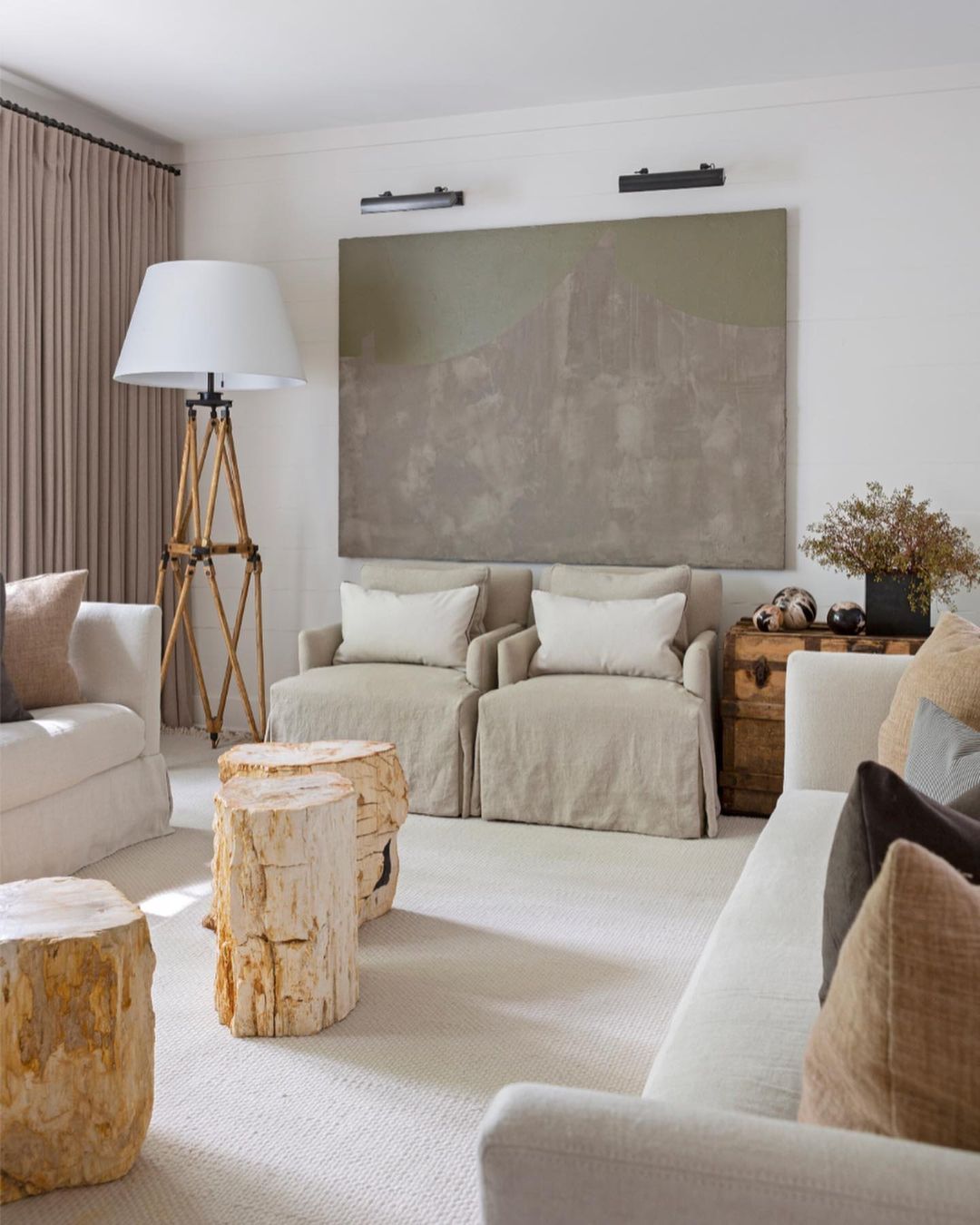
Minimalist interior design often incorporates natural materials, which provide warmth and texture to a space while also creating a sense of harmony with the natural world. “Minimalist doesn't have to equal boring,” shares Raquel Kehler, house flipper and interior design creator at RoomCrush. Materials can be used to “add visual interest to your space. These include minimalist-friendly materials like boucle, wood, tweed, metal shelving/chairs, and woven rugs in neutral colors/minimalist patterns.”
Functionality
Every element in your space should serve a purpose, whether it's a piece of furniture or a decorative item. Invest in quality over quantity. Energy should flow efficiently throughout the rooms.
Clean Lines and Simple Shapes
Minimalist interior design emphasizes clean lines and simple shapes. Look for pieces with a streamlined, elegant design that will complement your space without overwhelming it. Incorporate simple, geometric shapes such as squares, circles, and rectangles.
The Benefits of Minimalist Interior Design
Increased Calm and Relaxation
Minimalist interior design has a calming effect on the mind and body, as it eliminates clutter and distractions. Olma Fuentes, Founder and Principal of Deni + Dove Interiors emphasizes that minimalist design “creates a tranquil environment that is perfect for relaxing and reflective thinking. The airy and uncluttered nature of this style can have a very calming, soothing effect on the mind and body. It's an immediate respite from the busy world and our hurried lives.”
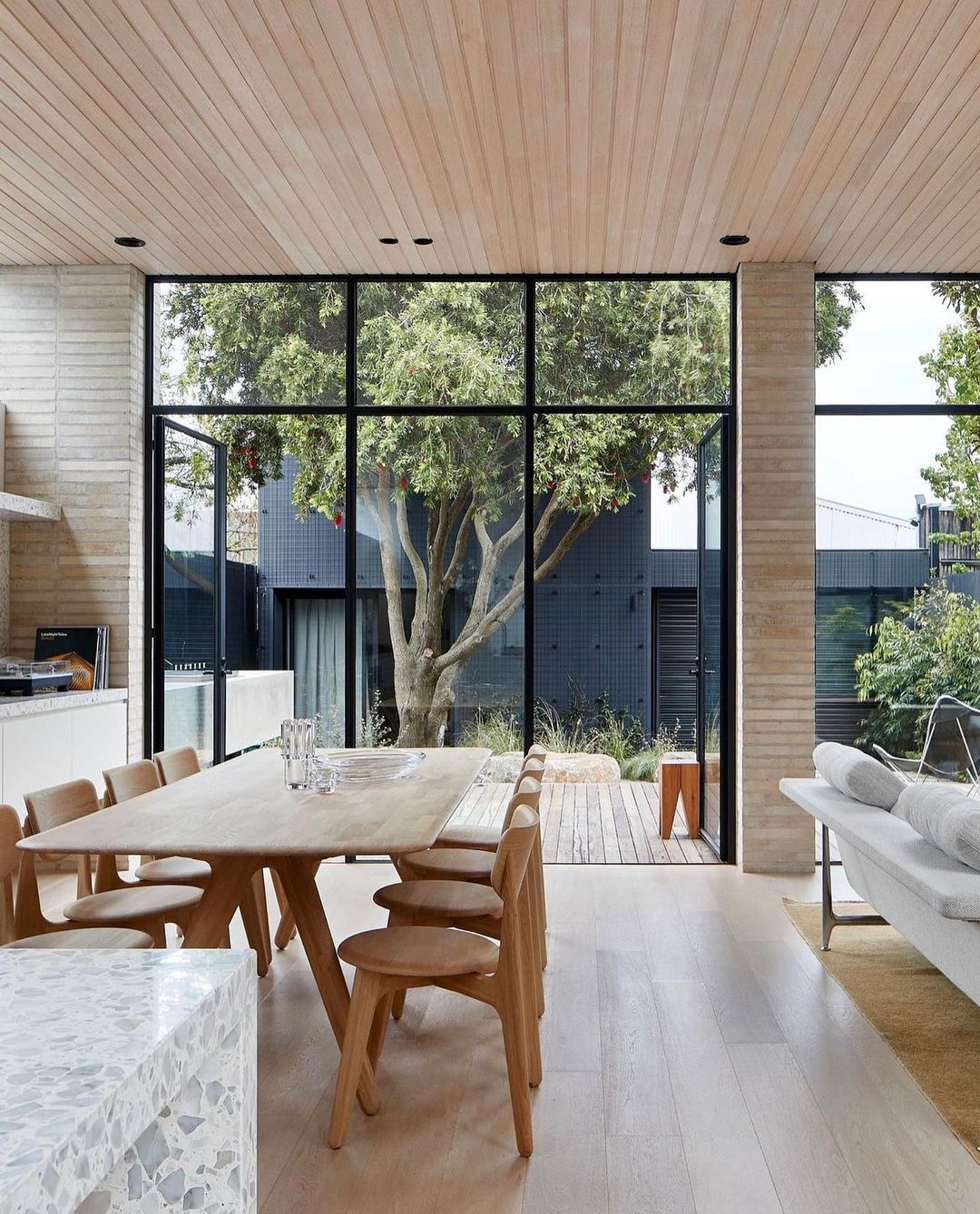
📸: @studiomkn
Enhanced Focus and Productivity
Organized and clean homes lead to increased focus and productivity. With fewer distractions, it becomes easier to concentrate and complete tasks efficiently. This is essential for those who need a home office or quiet space for studying.
Illusion of Space
Minimalist interior design emphasizes the use of space and light, which can increase the illusion of space in your room. The neutral colors and clear areas also help to reflect light and make the room feel brighter and airier.
More Sustainable
The minimalist interior design approach prioritizes simplicity, functionality, and the use of natural materials, which goes hand in hand with sustainable interior design. Owner & Lead Designer at New Mode Home, Alessia Lamonaca says it well, “Minimalism is sustainable and encourages mindful consumption. By reducing your consumption and only buying what you need, you can reduce your impact on the environment and promote a more eco-friendly lifestyle. I love the idea of being more intentional about what we bring into our homes.”
Expert Tips to Achieve a Minimalist Look in Your Home
Start with a Clean Slate
The first step to achieving a minimalist look in your home is to declutter. This means getting rid of anything that is no longer necessary or that does not serve a specific purpose.

📸: @hoskelsa
This could include old magazines, clothes you haven't worn in years, or anything that you don’t love anymore. Take the advice of Marie Kondo, “Keep only things that speak to your heart. Ask yourself: Does this spark joy?”
Experiment with Layouts
A common practice is to arrange “ furniture in a way that allows for easy movement and access to all areas of your home,” shares interior designer Alessia Lamonaca. “You can also achieve an open, spacious feel by removing unnecessary walls or doors, or by using furniture and decor that do not obstruct sightlines. ”

A room layout should feel “natural and unobstructed,” Zara O'Hare, interior designer at Land of Rugs states. “Avoid placing too many items in one area, and create zones for different activities to create a sense of purpose.”
Invest in Timeless Pieces
Shop intentionally and be wise with your future purchases. It's important to invest in timeless pieces that will last for years to come. Shopping sustainability will also save you a ton of money in the long run.
Use Multi-functional Furniture
Consider investing in furniture that can serve multiple purposes, such as a storage ottoman that can also be used as a coffee table. Additionally, consider using built-in shelves or cabinets to store items, as they take up less visual space than standalone pieces of furniture.

“Having adequate but unobtrusive and decorative container storage like baskets or canvas boxes to keep clutter under control is key,” FLOOR360 interior designer Nichole Abbott points out. “Make function a priority in your design layout making furniture selections based on what will be used and what is necessary. Once you’ve placed everything, remove a few things that you don’t need.”
Let in Natural Light
Natural light helps to create a sense of space and openness. Make sure to let in as much natural light as possible by using light-colored window treatments and keeping your windows clean. Consider using overhead lighting, floor lamps, or table lamps to create a warm and inviting atmosphere in your home.
Embrace Negative Space
These tips from interior design expert Alessia Lamonaca are key. “Don't be afraid of negative space. Embracing empty space in your home can be just as important as filling it with furniture and decor. Negative space can help create a sense of balance and harmony in your home.”

📸: @kim.kneipp
Additionally, keeping the surfaces clear can enhance the design. “Avoid cluttering surfaces like countertops, coffee tables, and shelves. Instead, limit the items you display to a few carefully chosen pieces that are functional and aesthetically pleasing.”
Let Your Home Reflect Your Personal Style
Minimalist interior design does not mean sacrificing your personal style. Instead, it’s about simplifying and streamlining your décor so that it reflects your tastes and personality. To achieve this, choose a few statement pieces, such as a bold piece of art or an eye-catching light fixture, to anchor your room and show off your style.
“A minimalist look can be thought of in its traditional definition, which is keeping and displaying only the most necessary belongings, without any excess. But a more soulful way to achieve minimalism is to prioritize the pieces that feel special for you or serve the design scheme of your space,” says Ksenya Malina of Time and Place Interiors. “With minimalism, each item becomes a statement.”
Minimalism goes further than your interior design, it changes the way you live. As author Erica Layne states, “A calm house equals a calm heart equals a calm life.” Whether you live in a small apartment or a large house, you can use these principles to create an aesthetic and functional space.
📸: @ty001
If you are looking for inspiration and want to virtually design your real rooms, try the DecorMatters app. With interior design games, a community of 10M users, and real home decorating, you can practice and perfect your minimalist home design skills from the comfort of your own home.
UP NEXT: Top 25 Interior Design Trends for 2025 You Need to Know
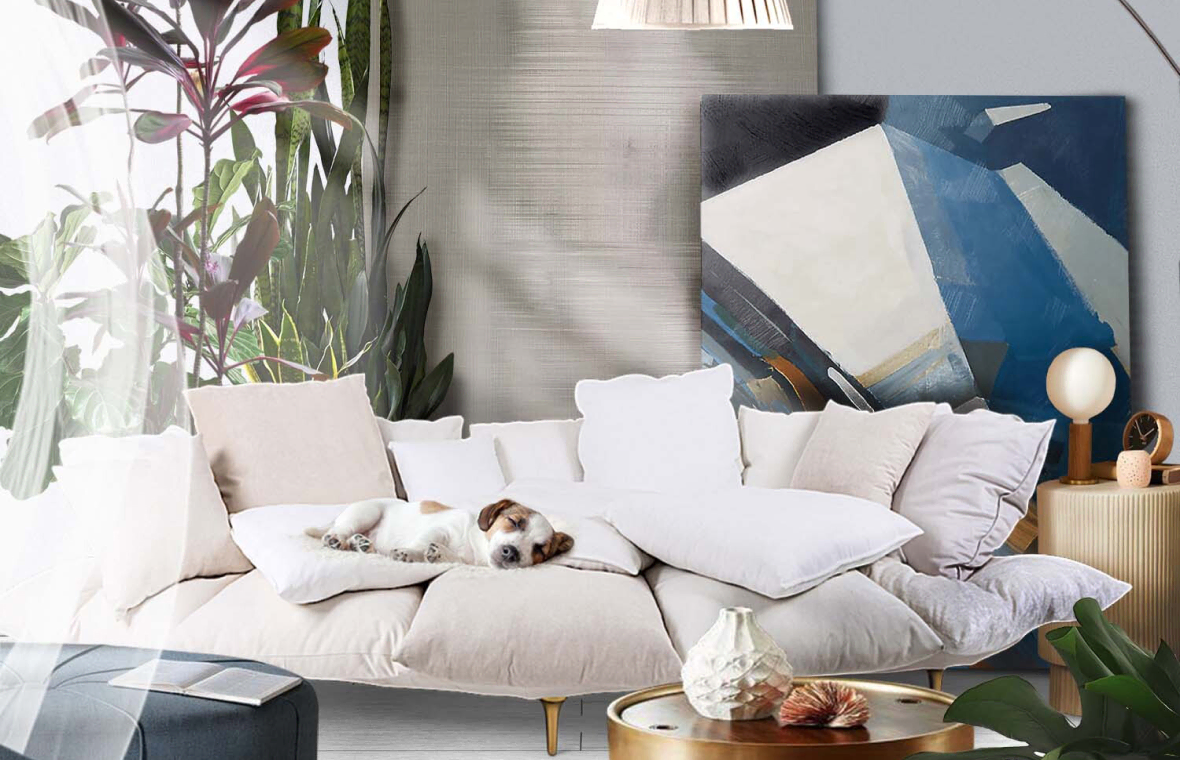
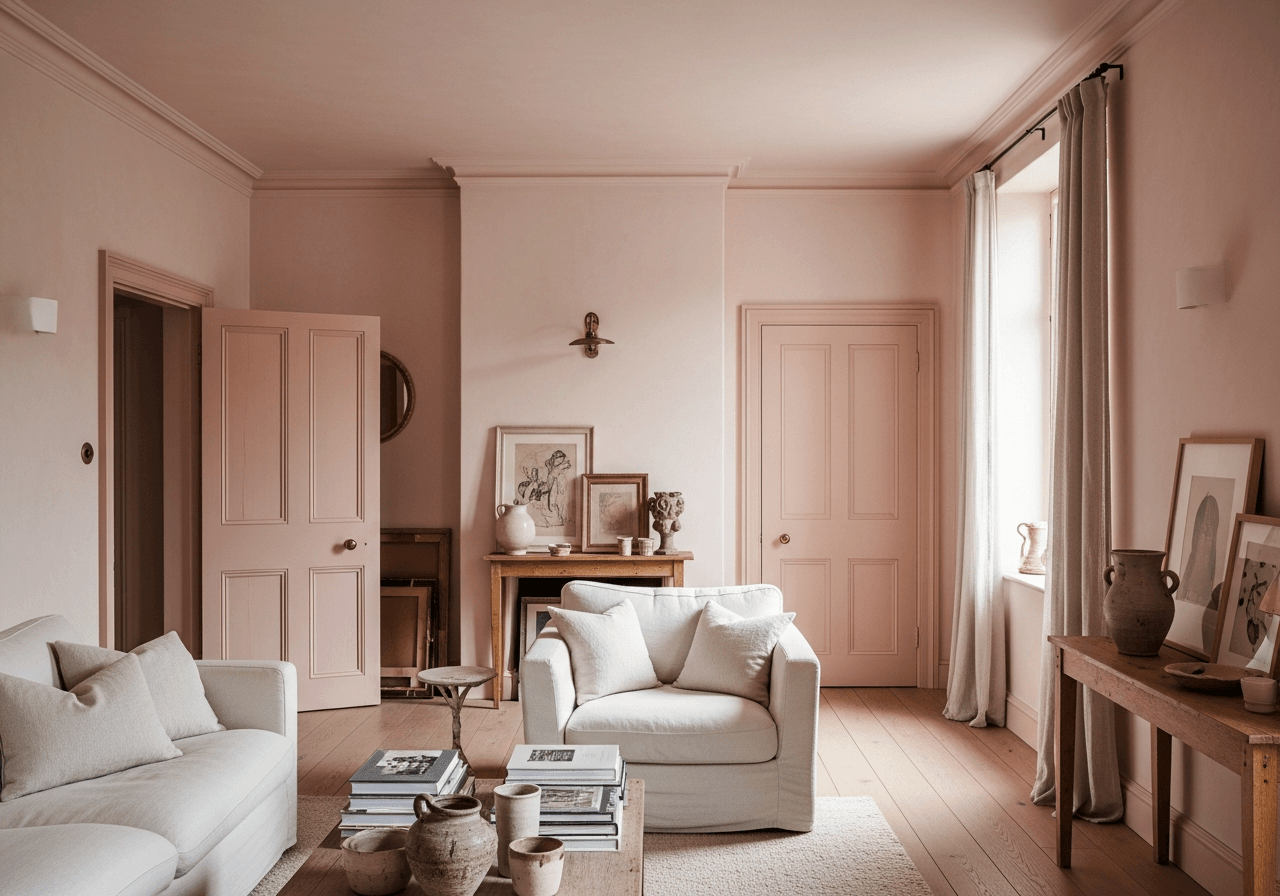
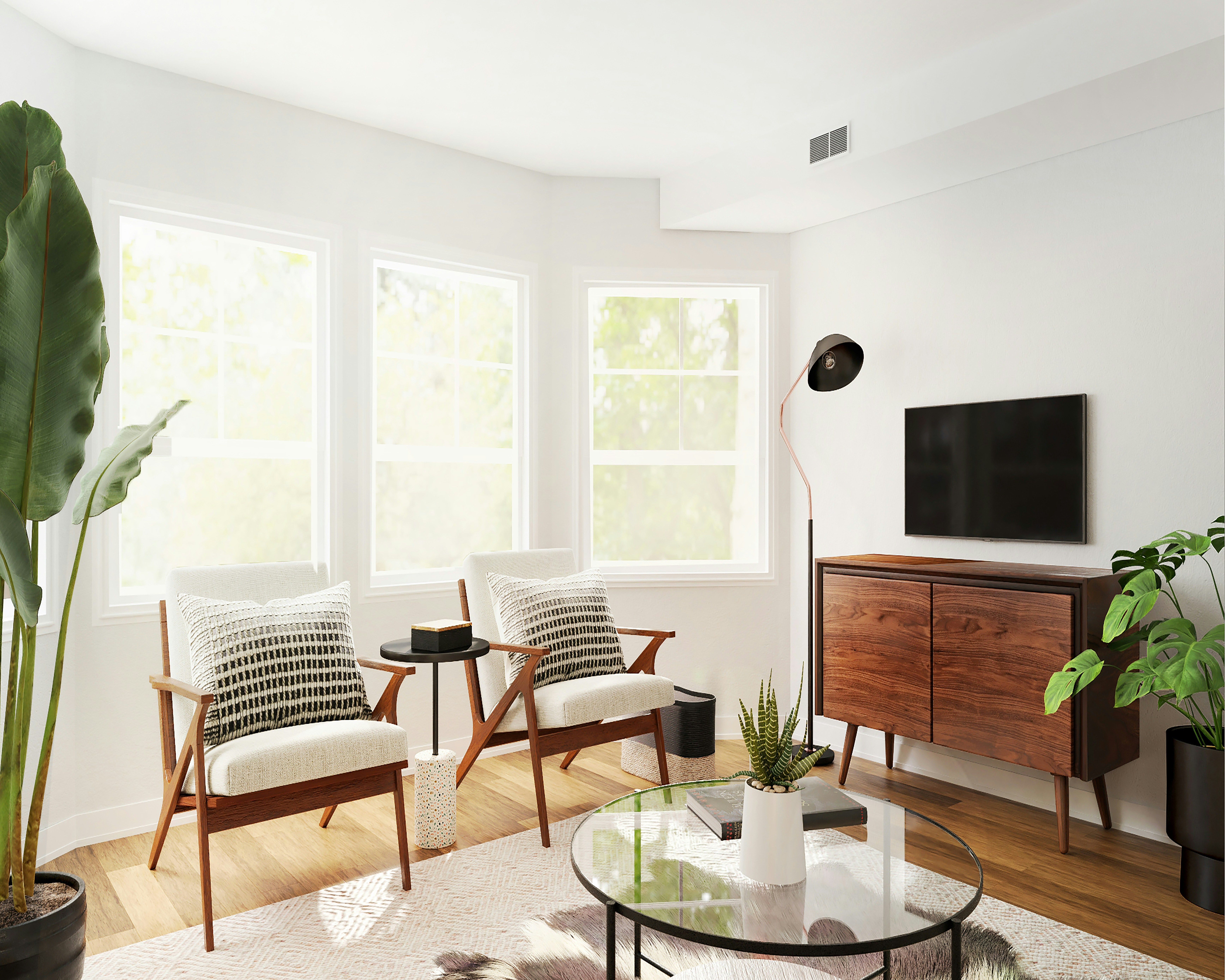
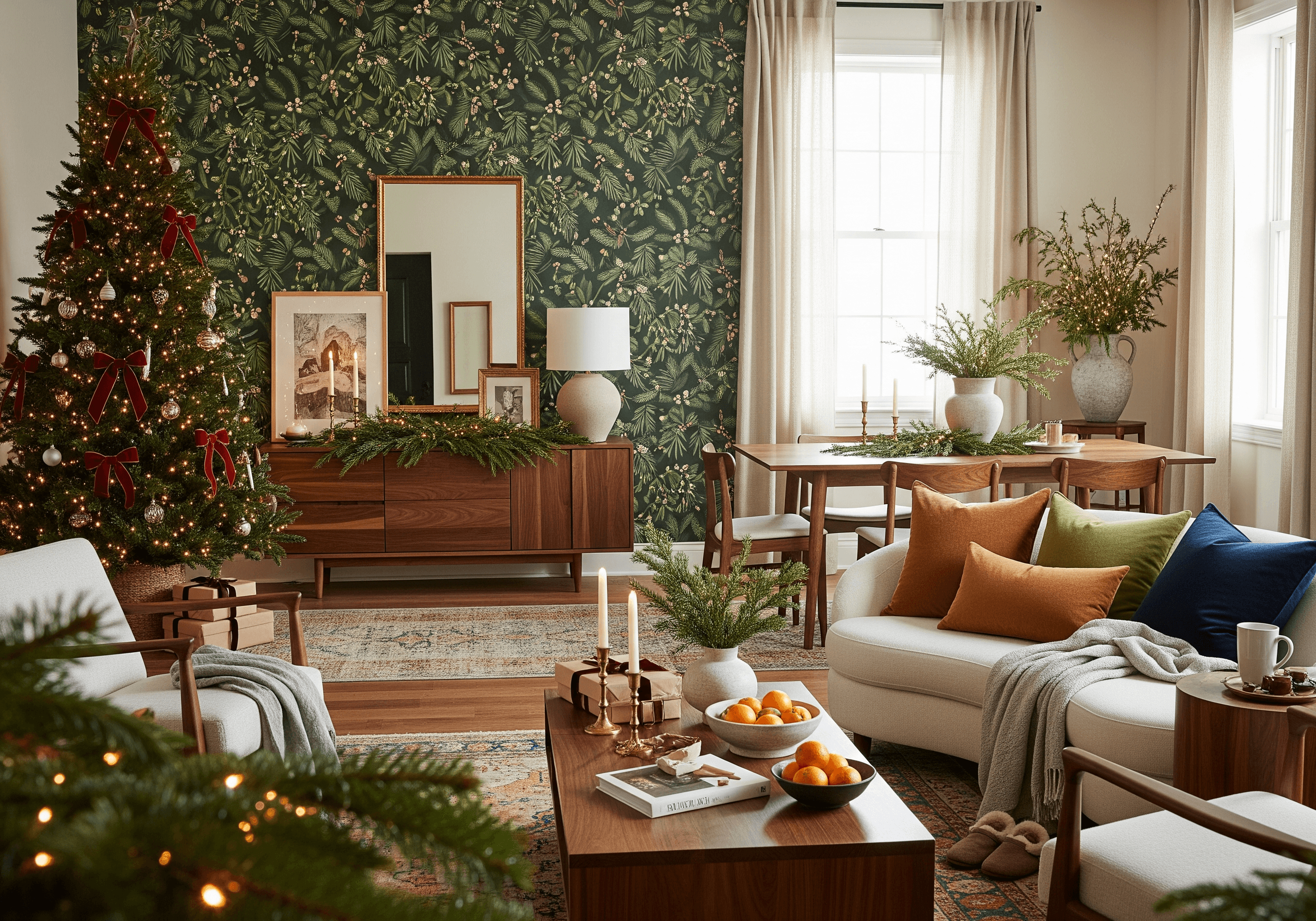
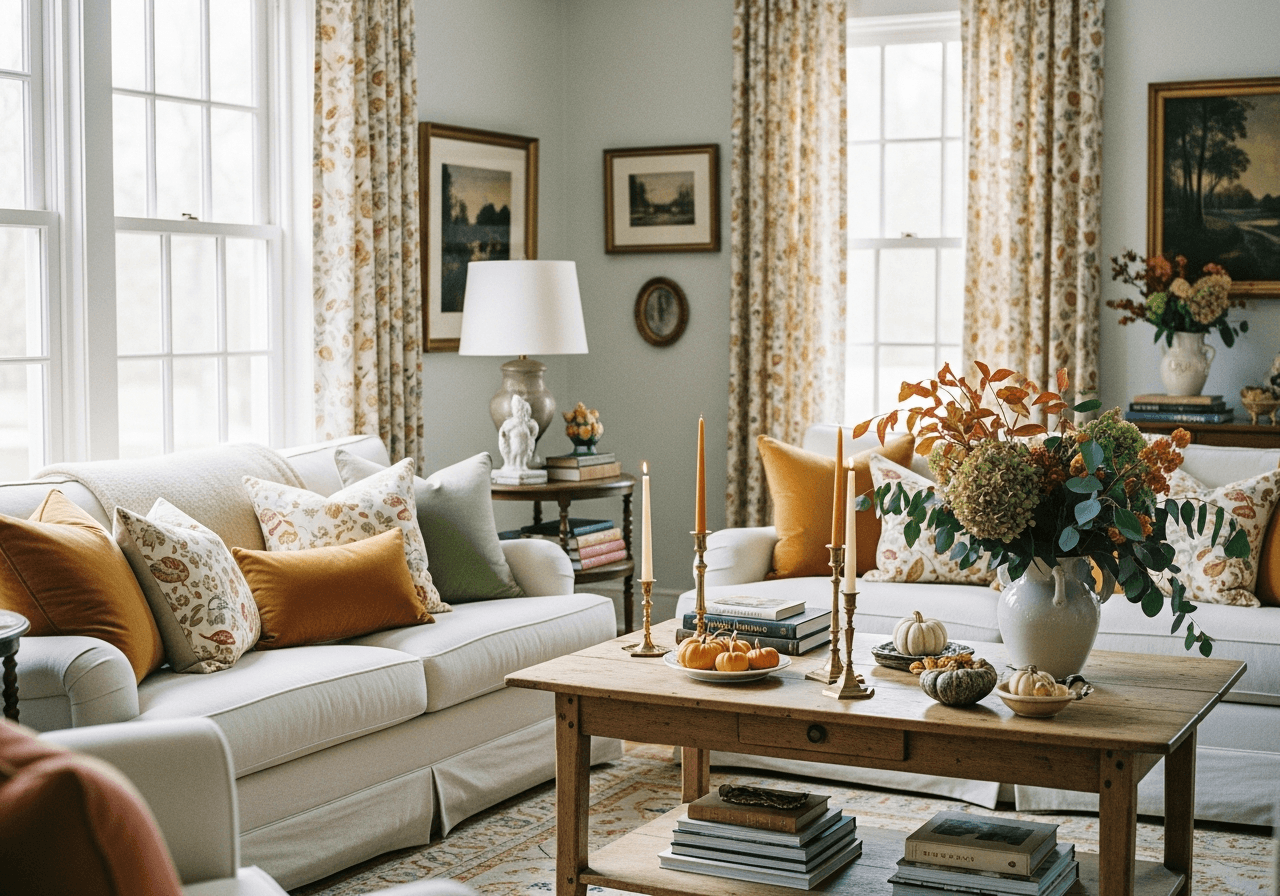
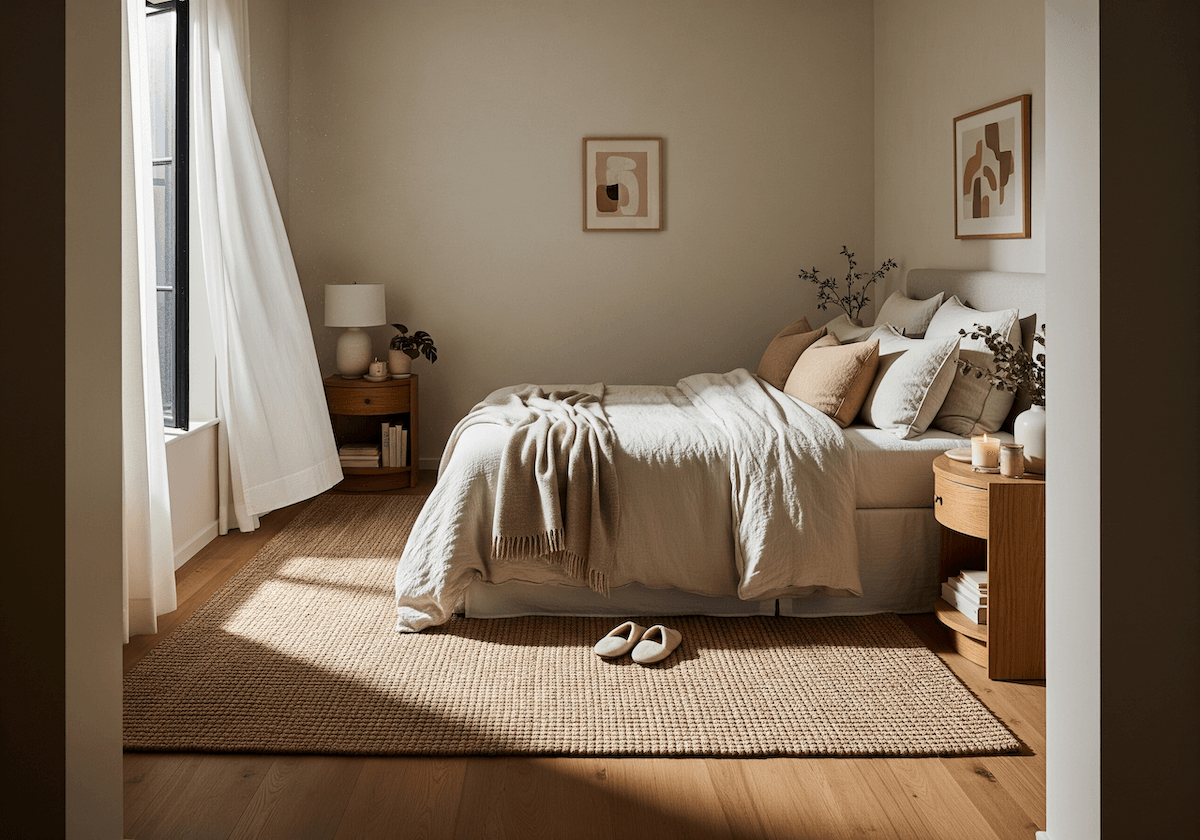
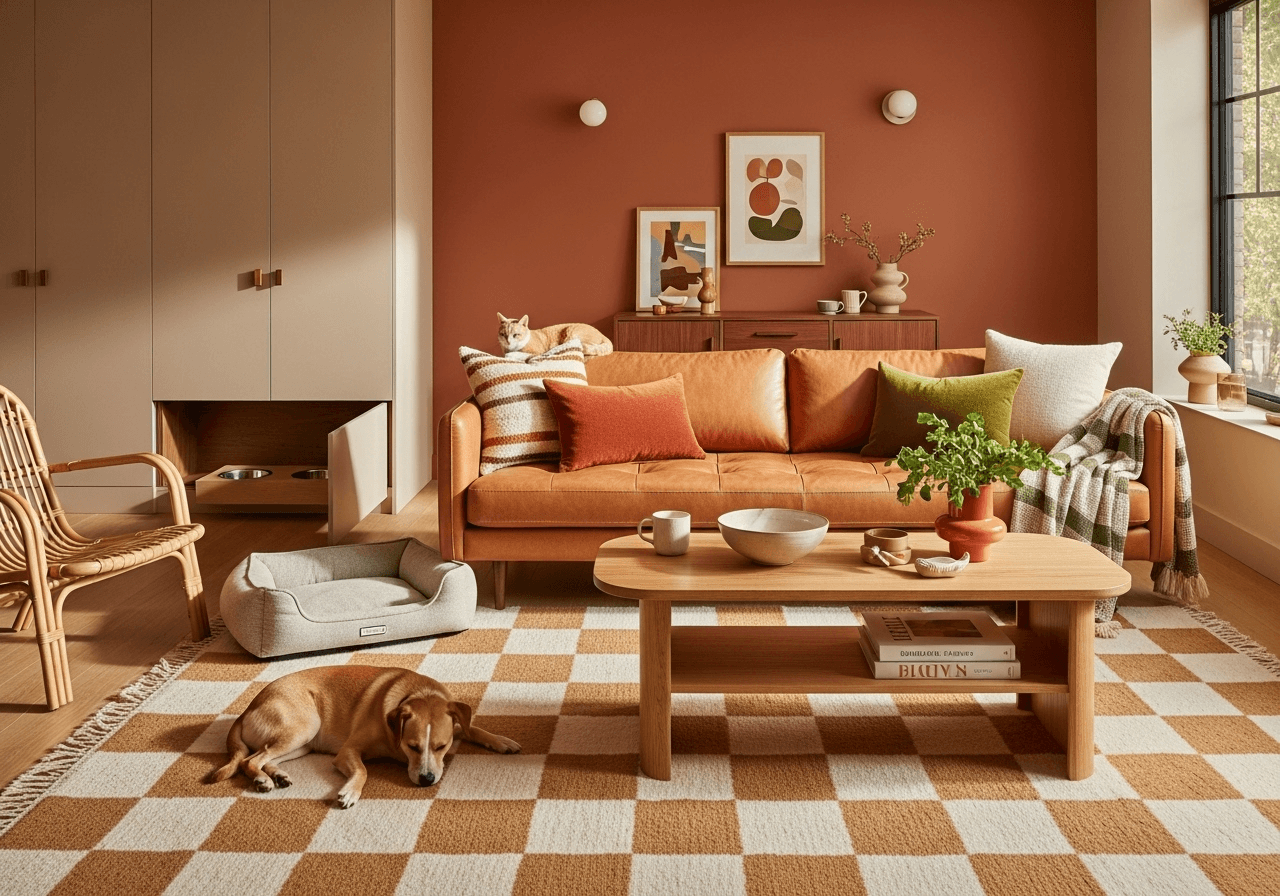



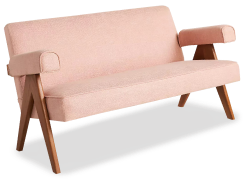

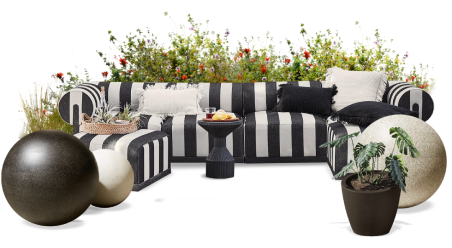
 20h left
20h left


